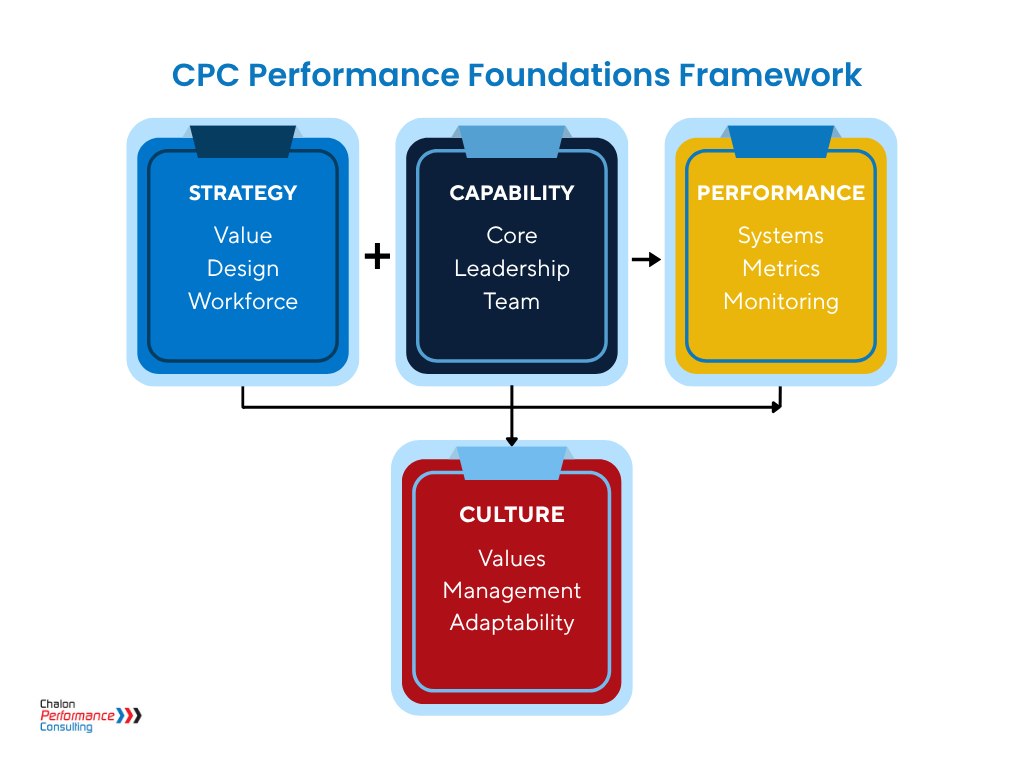In today’s fast-paced and competitive business environment, building a strong organisational culture is critical for the success of small and medium-sized enterprises (SMEs). According to a study conducted by Deloitte, “organisational culture has a clear link to corporate performance.” The study found that companies with strong cultures had a 51% higher employee retention rate and were 3.7 times more likely to be innovative and agile than those without a strong culture.
- SMEs can start building a strong organisational culture by defining their company’s core values, which are the guiding principles that shape their organisation’s culture. Clearly defining and communicating these values to employees can help create a shared sense of purpose and direction. In addition, a survey by Glassdoor found that “84% of employees would consider leaving their current jobs if offered another role with a company that had a better reputation for culture.” This highlights the importance of building and nurturing a strong organisational culture in retaining top talent.
- Leadership is critical in shaping the culture of an organisation. SME leaders must model the behaviours and values that they want to see in their employees. This means being transparent, honest, and accountable in their actions and decisions. According to a study by Harvard Business Review, “when employees feel that their organisation cares about their well-being, they’re more engaged, productive, and likely to stay.” Companies that invested in employee well-being saw an average return on investment of 3:1 in the form of increased productivity, reduced healthcare costs, and lower turnover rates.
- A culture of trust and respect is essential for building strong relationships among employees and between employees and management. Encouraging open communication and active listening and creating opportunities for feedback and collaboration can foster such a culture. Celebrating diversity and inclusivity, and ensuring that everyone feels valued and supported can further contribute to this culture.
- Employee engagement is critical for organisational success. Engaged employees are more committed, productive, and likely to stay with an organisation. SMEs can provide opportunities for learning and growth, recognise and reward good performance, and create a positive work environment that fosters creativity and innovation to encourage employee engagement.
- SMEs need to be agile and adaptable to stay competitive. Encouraging innovation and embracing change can contribute to building a culture that values experimentation and risk-taking. Encouraging employees to bring new ideas and solutions to the table and being open to feedback and constructive criticism can further contribute to a culture of innovation.
In conclusion, SMEs can benefit from building and nurturing a strong organisational culture. A well-aligned culture can drive employee engagement, increase productivity, and boost profitability. SMEs should define their core values, lead by example, foster a culture of trust and respect, encourage employee engagement, and embrace flexibility and adaptability to create a positive work environment that drives innovation and growth. CPC specialises in achieving world-class performance through people and culture for SMEs. Let’s get you started on evolving a consistent performance culture. Click here to book your complimentary obligation-free consultation














